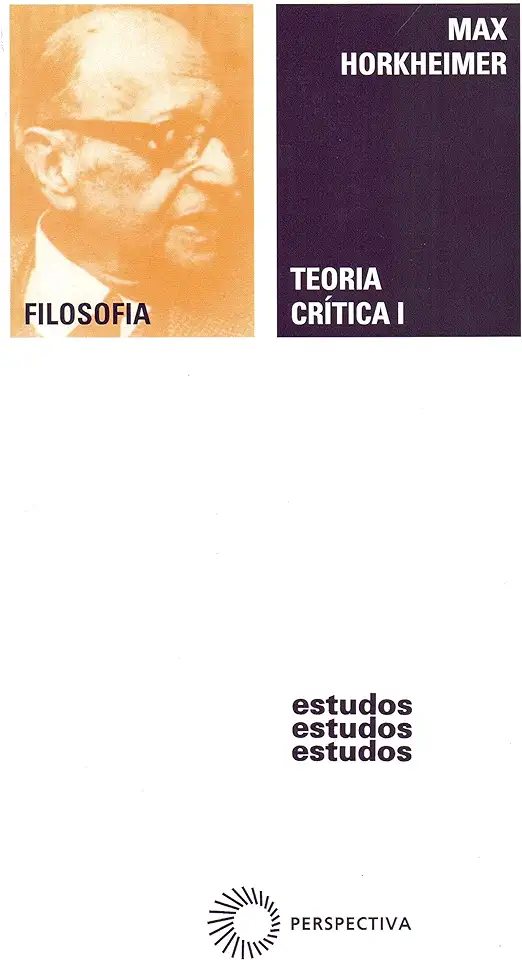
Critical Theory I - Max Horkheimer
Critical Theory I: Max Horkheimer
A Critique of Instrumental Reason
In Critical Theory I, Max Horkheimer argues that the Enlightenment project of using reason to dominate nature has led to a dehumanizing and oppressive society. He argues that the instrumental rationality that characterizes modern society has led to a loss of meaning and purpose in life, and that this has in turn led to the rise of fascism and other forms of totalitarianism.
Horkheimer's critique of instrumental reason is based on the idea that it is a one-dimensional form of reason that is focused solely on efficiency and control. This form of reason, he argues, is incapable of grasping the complexity and richness of human experience, and it leads to a narrowing of our understanding of the world.
Horkheimer also argues that instrumental reason is inherently oppressive, because it requires the domination of nature and the suppression of human freedom. He argues that the Enlightenment project of using reason to control the world has led to a society in which people are increasingly alienated from their own labor, from nature, and from each other.
The Dialectic of Enlightenment
Horkheimer's critique of instrumental reason is developed in more detail in his book The Dialectic of Enlightenment, which he co-authored with Theodor Adorno. In this book, Horkheimer and Adorno argue that the Enlightenment project has led to a "dialectic of enlightenment," in which the very forces that were supposed to bring about human liberation have turned into their opposite.
Horkheimer and Adorno argue that the Enlightenment's emphasis on reason and progress has led to a society in which people are increasingly controlled by irrational forces. They argue that the mass media, the culture industry, and the bureaucratic state all contribute to the spread of irrationality and the decline of critical thinking.
Horkheimer and Adorno also argue that the Enlightenment's emphasis on individualism has led to a society in which people are increasingly isolated and alienated from each other. They argue that the nuclear family, the workplace, and the consumer society all contribute to the fragmentation of society and the decline of community.
The Critique of Ideology
Horkheimer's critique of instrumental reason and the dialectic of enlightenment is also a critique of ideology. He argues that ideology is a system of beliefs that serves to legitimize the existing social order and to prevent people from seeing the world as it really is.
Horkheimer argues that ideology is not simply a set of false beliefs, but rather a way of thinking that is rooted in the material conditions of society. He argues that the ideology of capitalism, for example, is based on the idea that private property is natural and that the market is the most efficient way to organize the economy. This ideology, he argues, serves to justify the exploitation of workers and the concentration of wealth in the hands of a few.
Horkheimer's critique of ideology is a powerful tool for understanding how the world works. It can help us to see through the illusions that ideology creates and to understand the real forces that shape our society.
Conclusion
Critical Theory I is a powerful and challenging book that offers a unique perspective on the modern world. Horkheimer's critique of instrumental reason, the dialectic of enlightenment, and ideology is essential reading for anyone who wants to understand the world we live in and how it came to be.
If you are interested in learning more about critical theory, I highly recommend reading Critical Theory I. It is a book that will change the way you think about the world.
Enjoyed the summary? Discover all the details and take your reading to the next level — [click here to view the book on Amazon!]